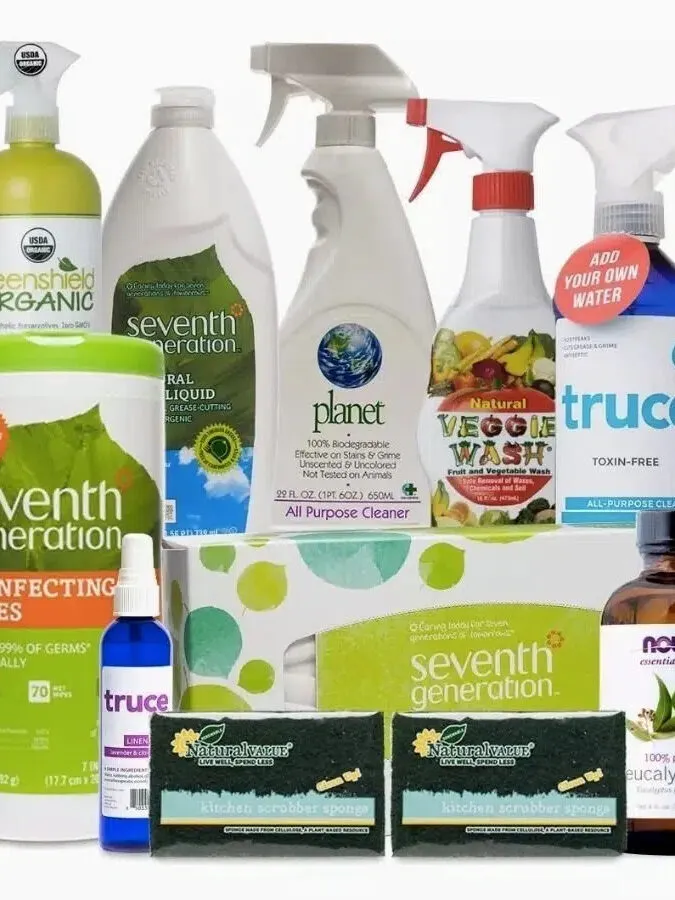About the Topic
Eco-friendly cleaning supplies.
Eco-friendly cleaning supplies and green synthesis are related in the context of sustainability
and environmentally responsible manufacturing processes.
1. Green Synthesis:
Green synthesis refers to the development of chemical processes and procedures that prioritize
sustainability, environmental friendliness, and reduced environmental impact. It involves
designing and optimizing chemical reactions to minimize waste, energy consumption, and the use
of hazardous materials. Green synthesis aims to create products with a smaller ecological
footprint while maintaining efficiency.
2. Eco-friendly Cleaning Supplies:
Eco-friendly cleaning supplies, on the other hand, are cleaning products formulated with the
environment in mind. These products are designed to have a minimal impact on the environment
throughout their entire life cycle, from production to disposal. They typically avoid or reduce
the use of harsh chemicals, toxic substances, and non-biodegradable materials, which can harm
ecosystems and human health.
The connection between green synthesis and eco-friendly cleaning supplies is that green
synthesis principles and methods can be applied to develop the chemicals and compounds used in
these cleaning products. By employing green synthesis techniques, manufacturers can:
- Minimize the use of harmful or toxic chemicals in cleaning product formulations.
- Reduce waste generated during the manufacturing process.
- Decrease energy consumption and greenhouse gas emissions associated with production.
- Optimize the use of renewable and sustainable resources in the formulation of cleaning
supplies.
- Develop biodegradable and non-persistent compounds that are less harmful to the environment
when the cleaning products are used and eventually disposed of.
In essence, green synthesis contributes to the creation of eco-friendly cleaning supplies by
ensuring that the chemicals and ingredients used in these products are produced with
sustainability and environmental responsibility in mind. This alignment benefits both consumers
who want to make eco-conscious choices and the environment by reducing the negative impact of
cleaning products on ecosystems, waterways, and human health.

